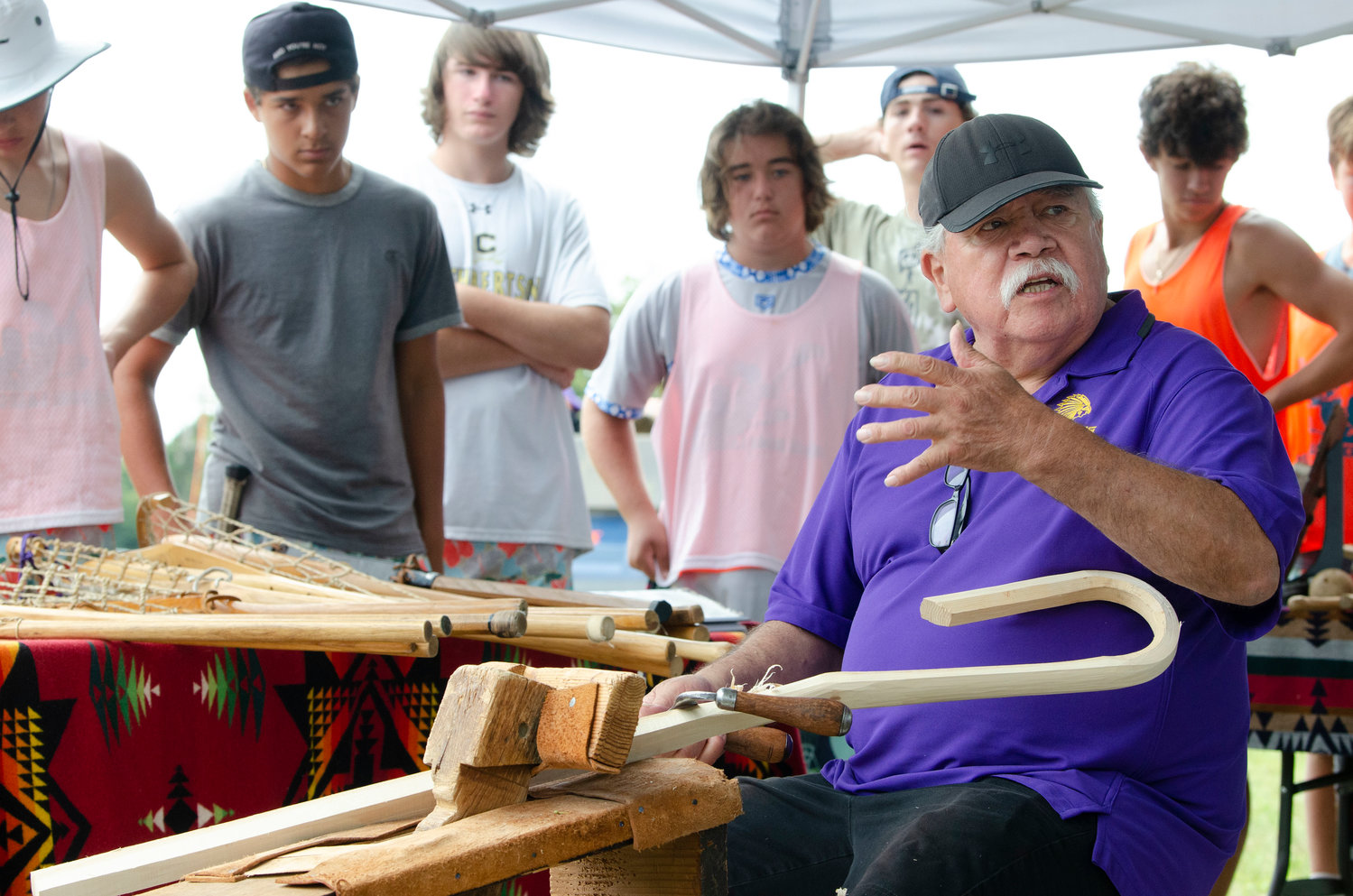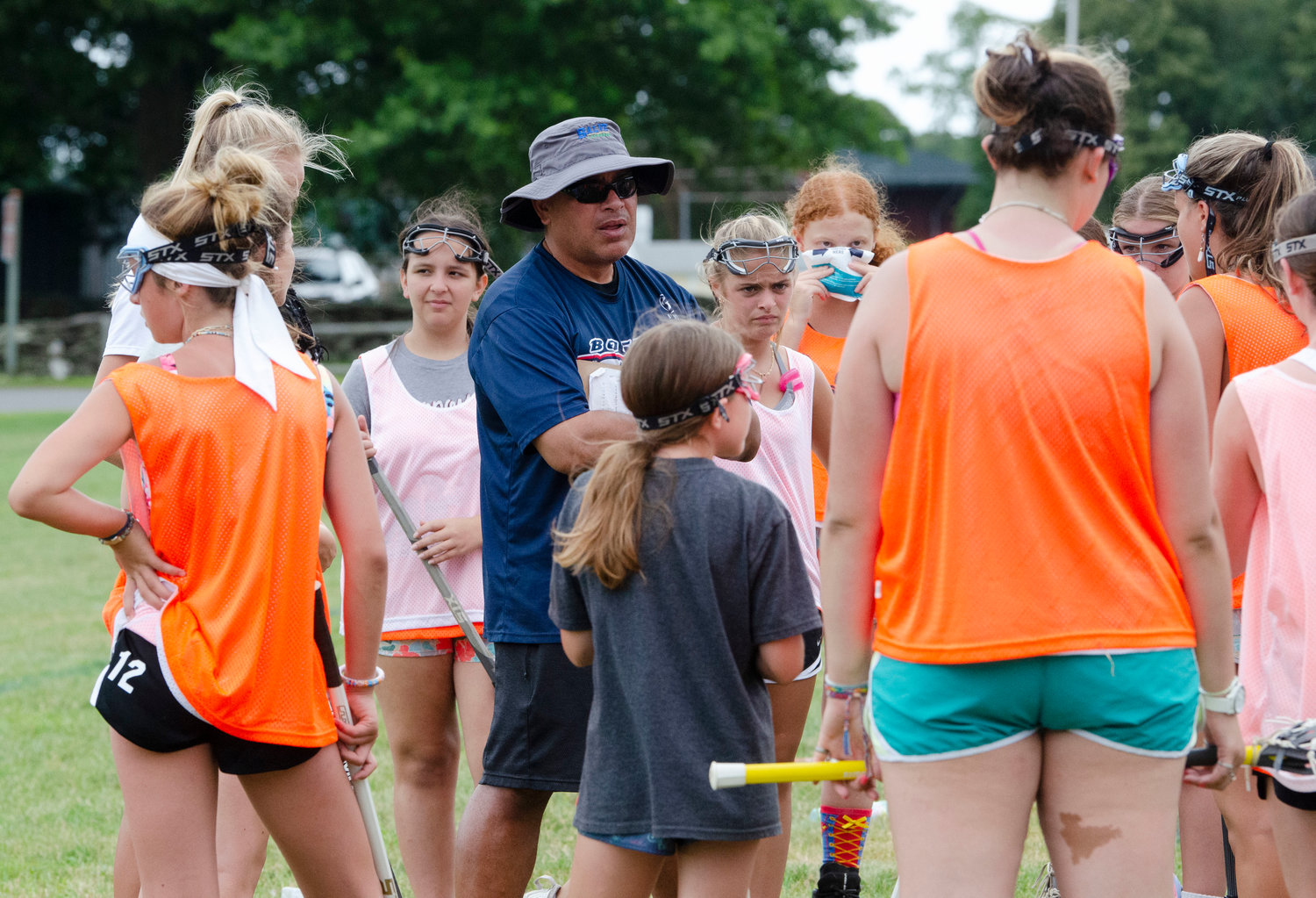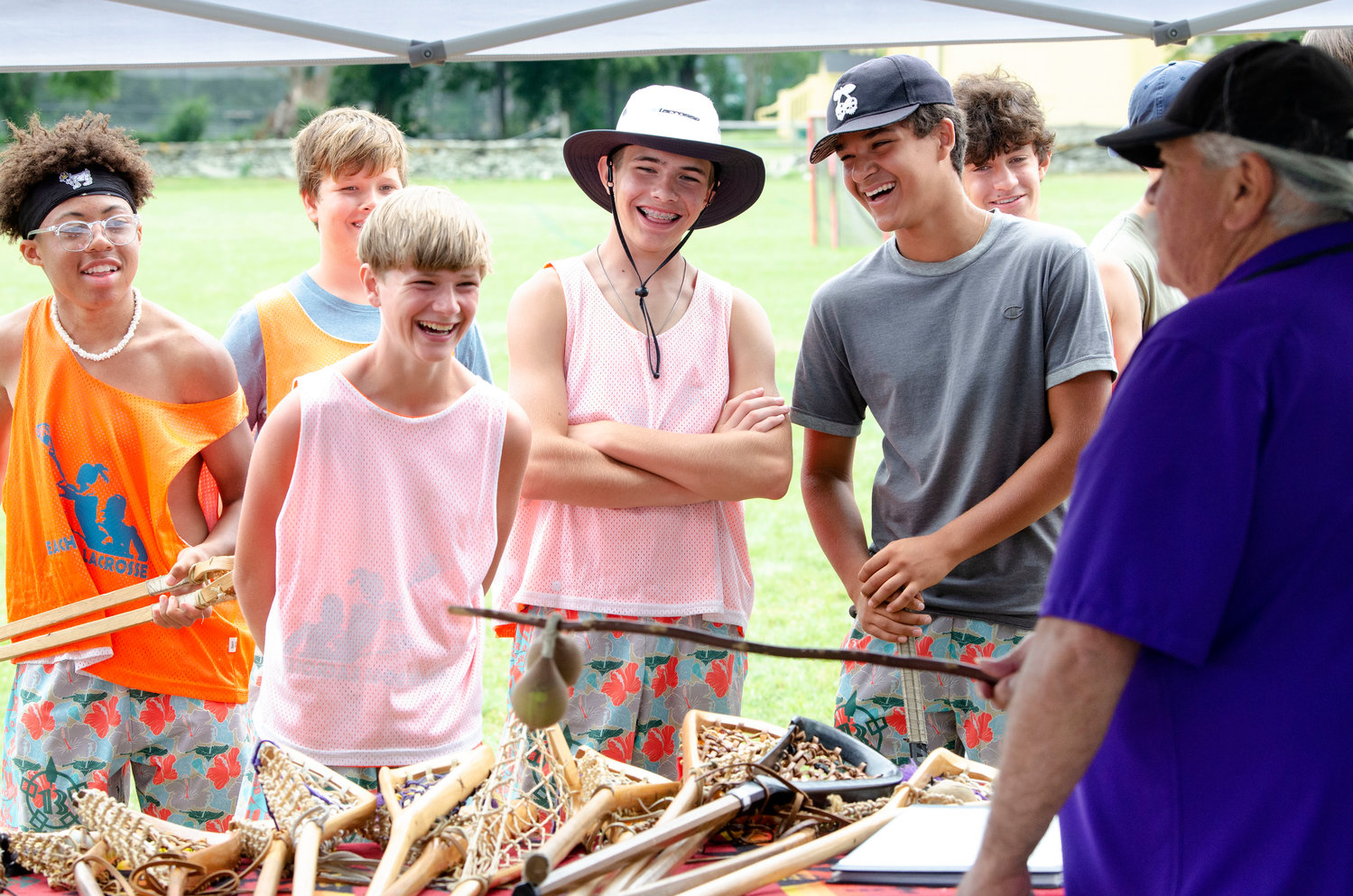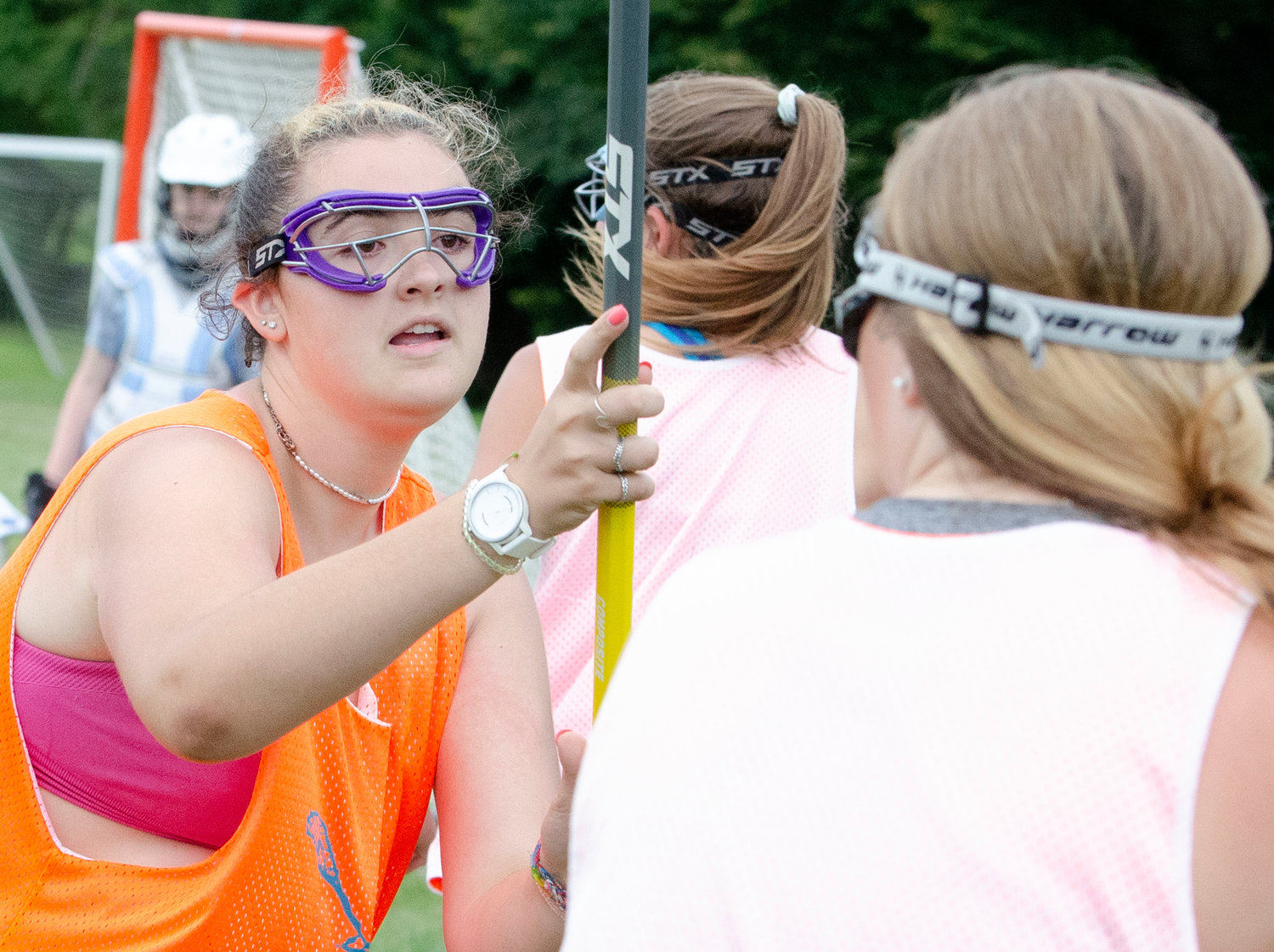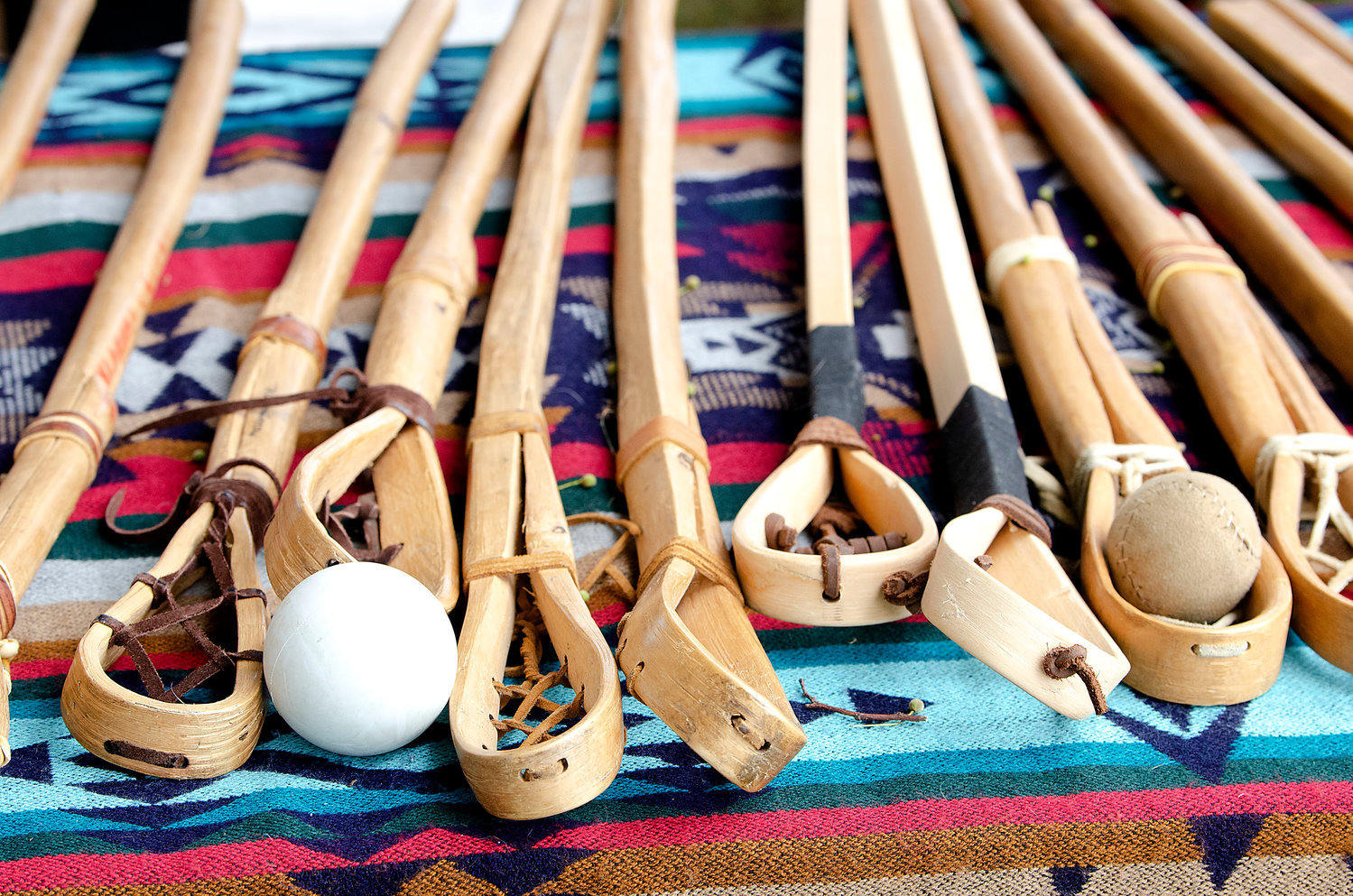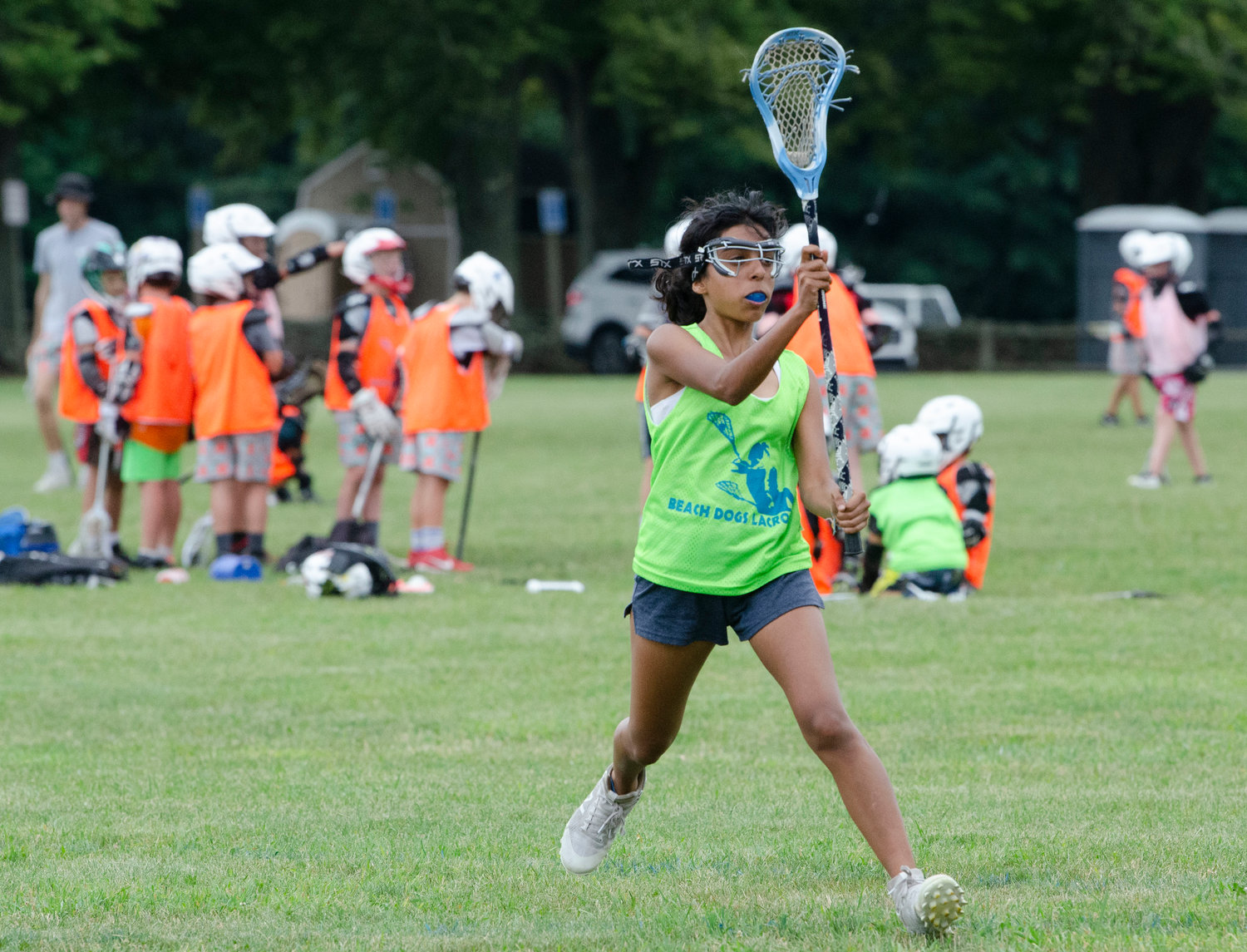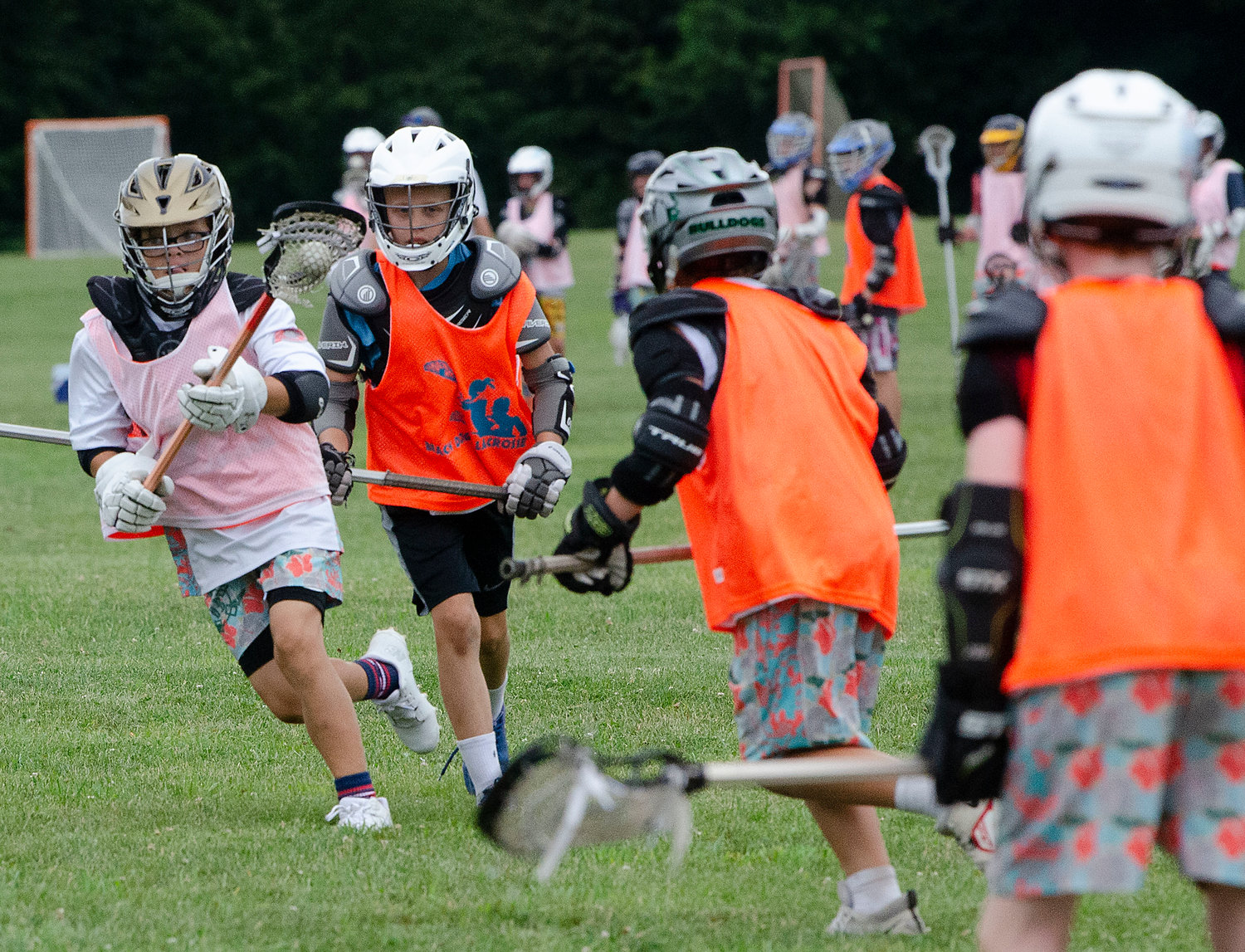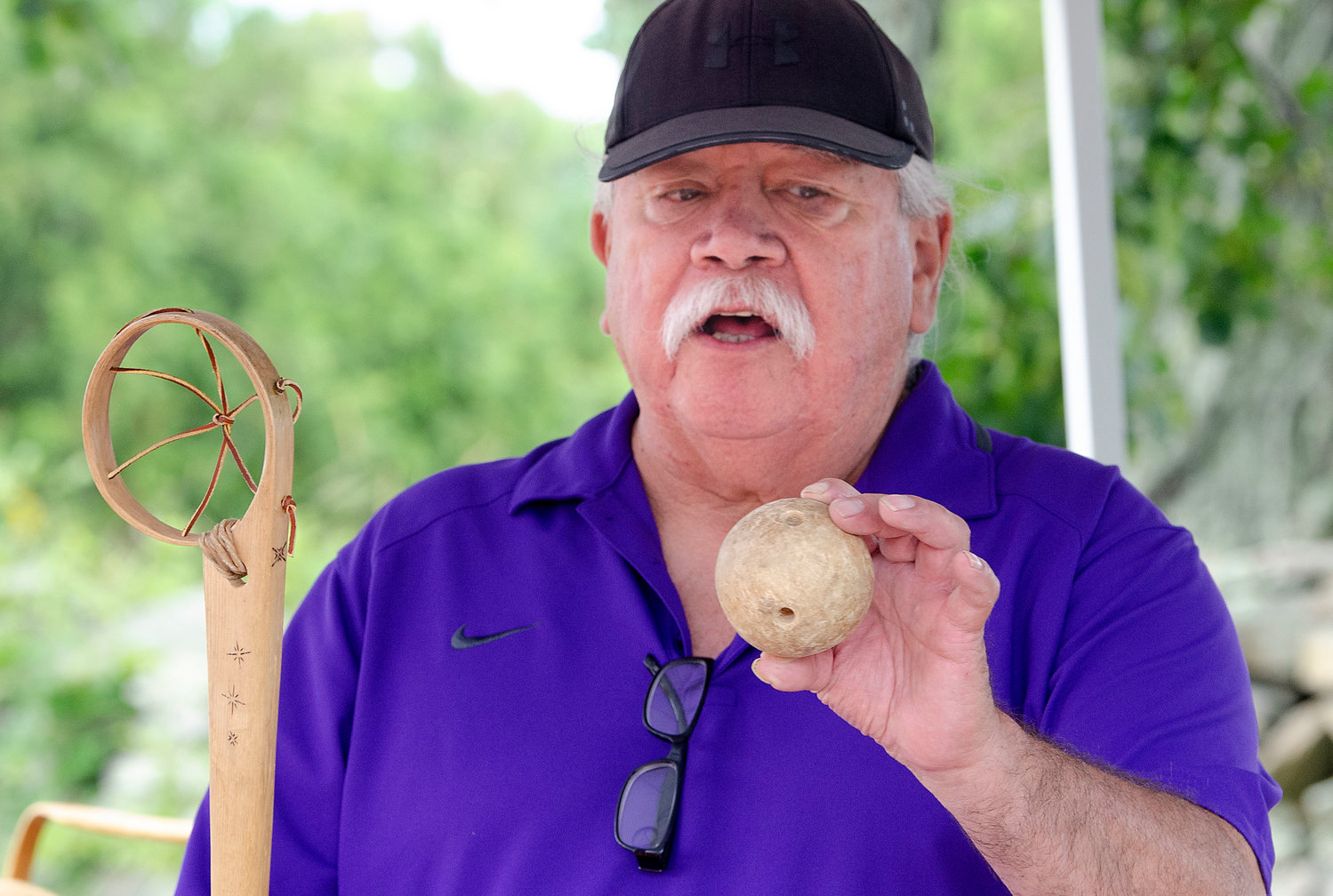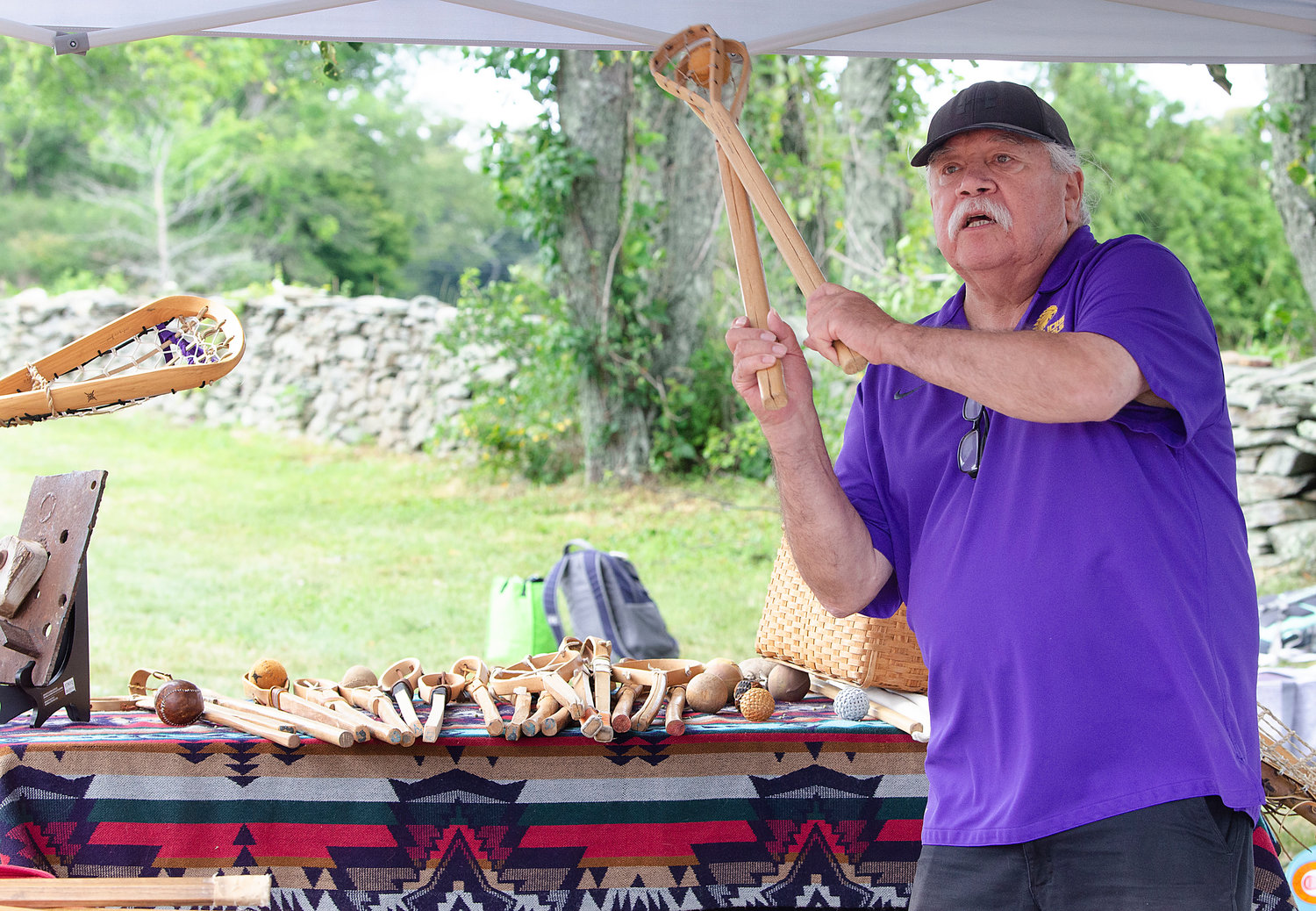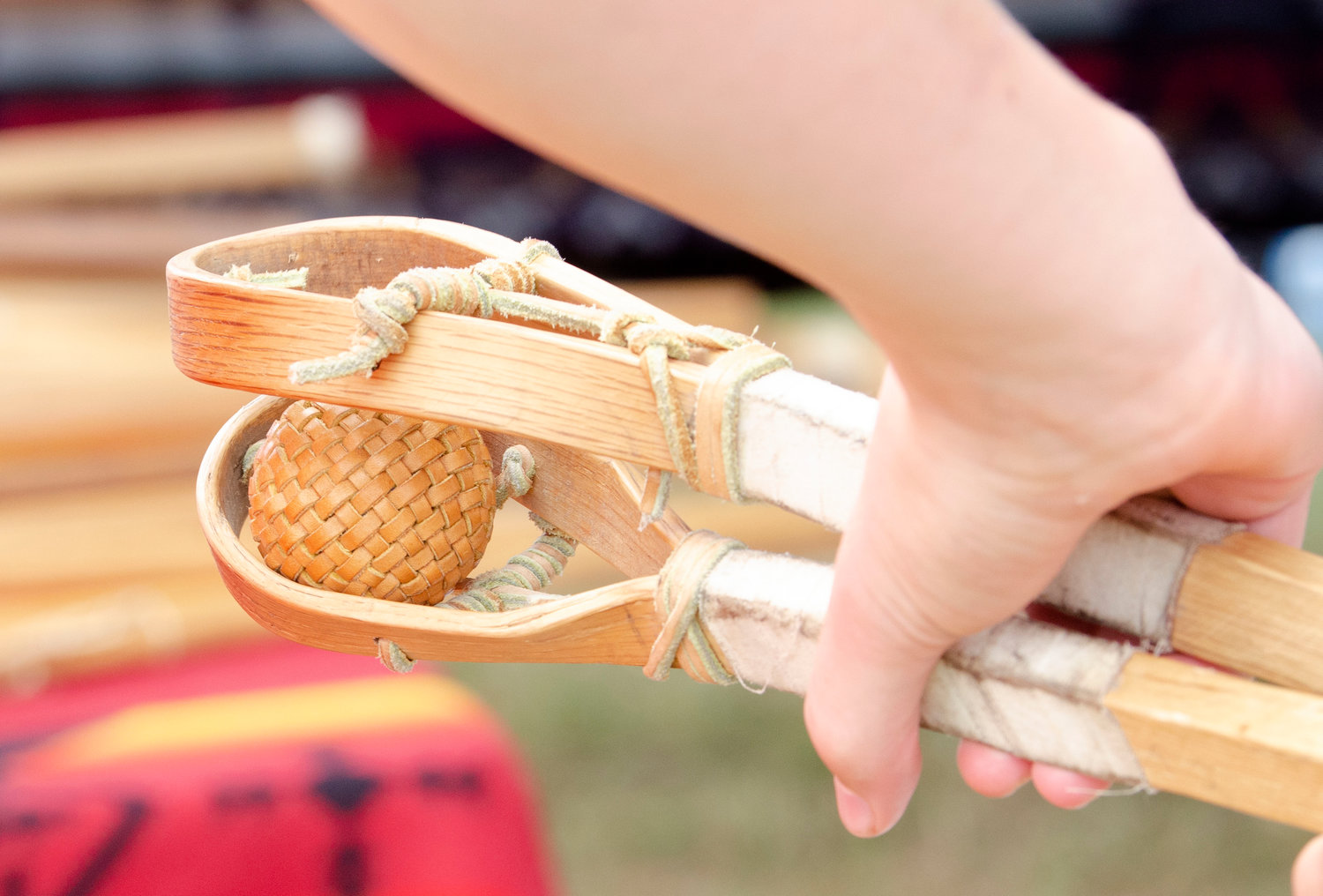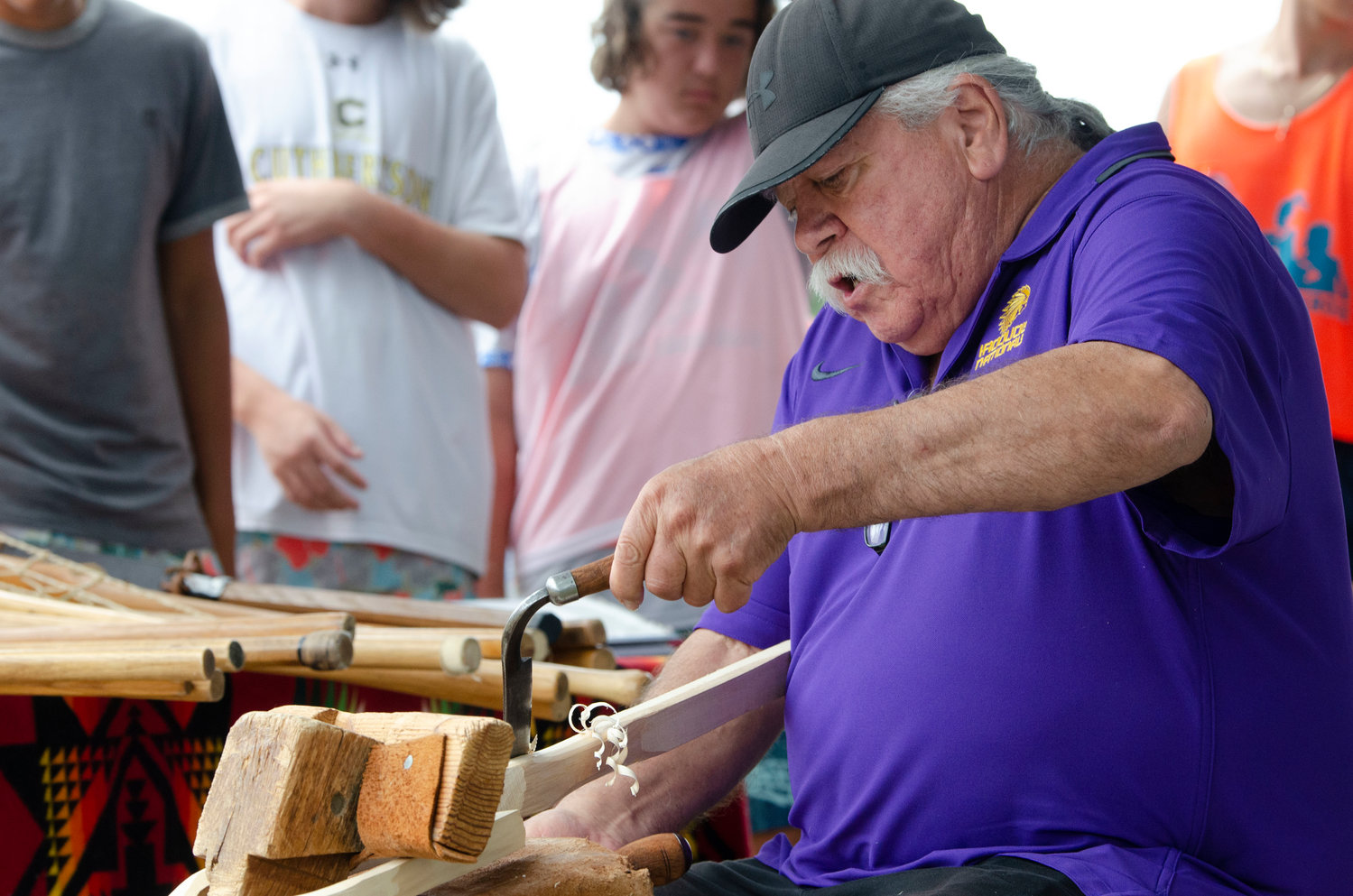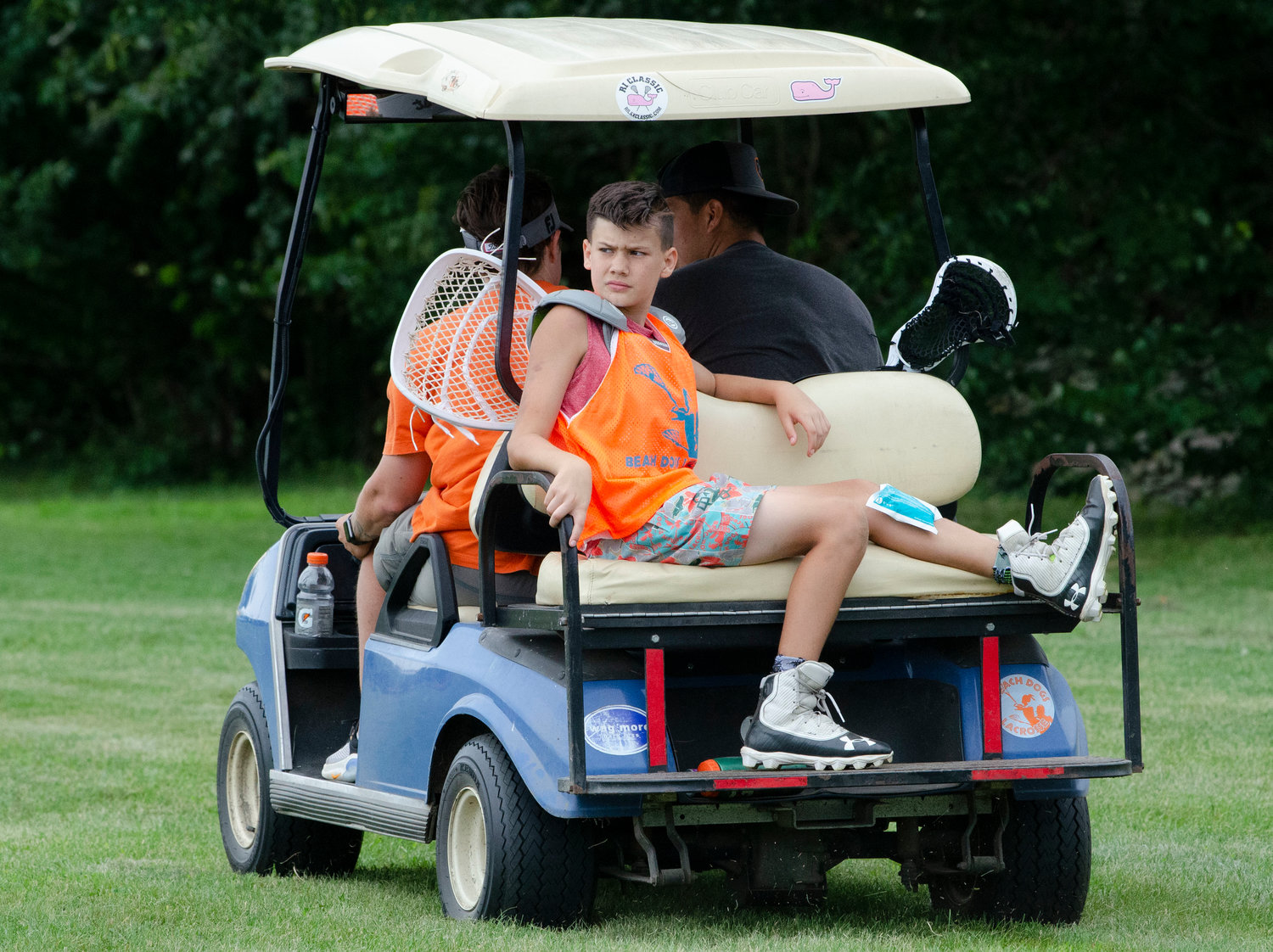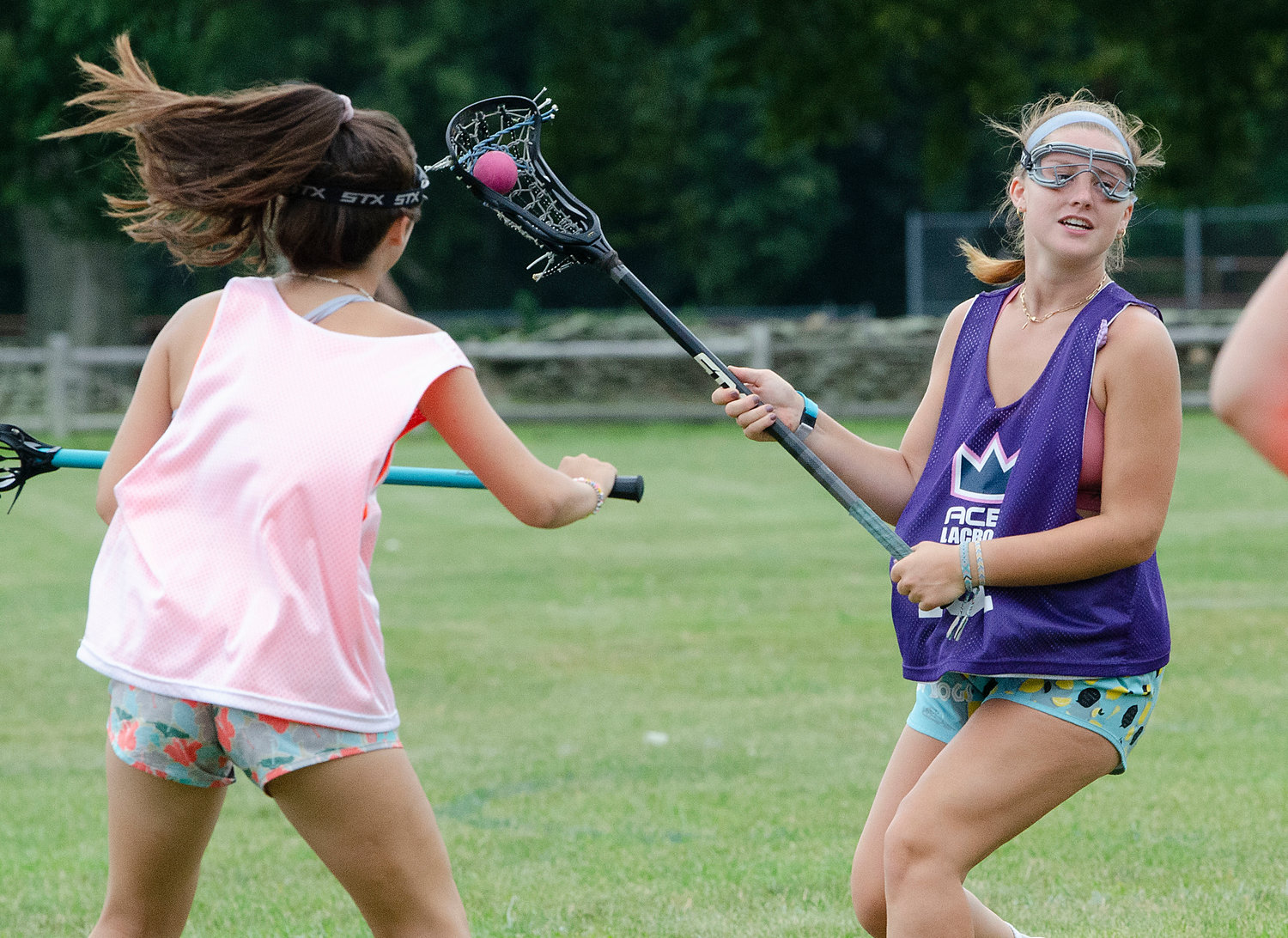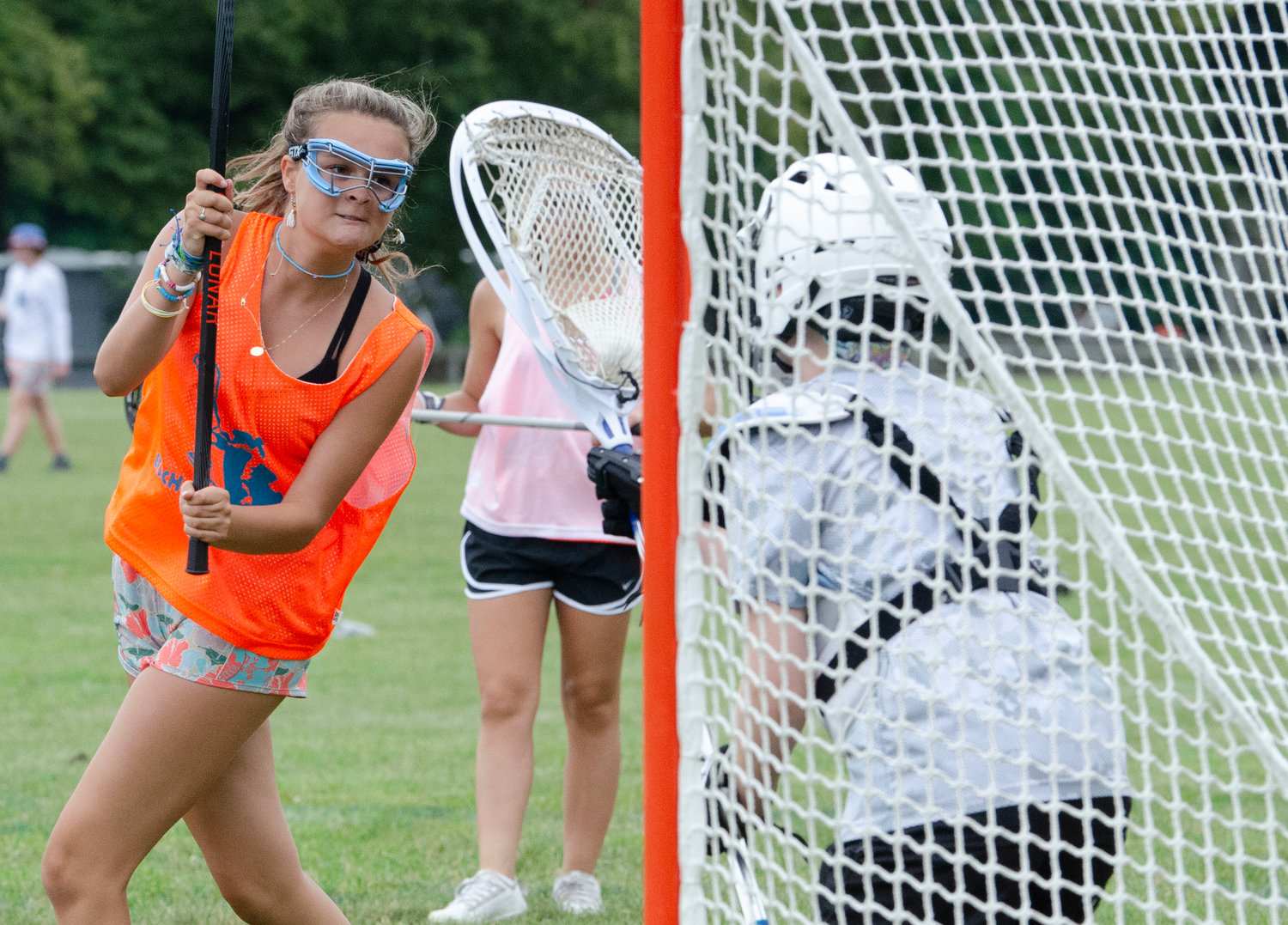- THURSDAY, APRIL 25, 2024
In Portsmouth: Teaching the history, culture behind the sport
Lacrosse camp teaches not only the sport, but the Native American history and culture behind it
PORTSMOUTH — Alfie Jacques stood before a rapt audience of young lacrosse players — some as young as kindergarten-age — at Glen Farm last week, but he didn’t …
This item is available in full to subscribers.
Please log in to continue |
Register to post eventsIf you'd like to post an event to our calendar, you can create a free account by clicking here. Note that free accounts do not have access to our subscriber-only content. |
Day pass subscribers
Are you a day pass subscriber who needs to log in? Click here to continue.
In Portsmouth: Teaching the history, culture behind the sport
Lacrosse camp teaches not only the sport, but the Native American history and culture behind it

PORTSMOUTH — Alfie Jacques stood before a rapt audience of young lacrosse players — some as young as kindergarten-age — at Glen Farm last week, but he didn’t have much to share about stick-handling, defense or the sport’s general nuances.
Instead, he told them a Native American tale about a lacrosse game between members of the animal kingdom, and the owl that no one wanted on their team.
Wearing a cap hiding long white hair and sporting a bushy mustache, the 72-year-old member of the Onondaga Nation Turtle Clan said the team of birds finally agreed to take the bat because he was a flyer. After playing all day to a 5-5 tie and with most everyone exhausted, the bat took over. Displaying his unpredictable, shifty flying moves, he scored to win his team the game, Mr. Jacques said.
The moral? “In a game like lacrosse, you don’t have to be 6-foot-8 and 400 pounds like in football,” he said. “The bat had his own way of flying, and he went around everyone. It only matters if you have the heart to play the game. It doesn’t matter how weak you are, because you can use your brain.”
Mr. Jacques may not be a household name, but he’s a legend in lacrosse circles. A guest instructor at the Beach Dogs Lacrosse week-long camp here for the past seven years, he’s been teaching the Native American origins of the sport for decades. He’s also known as the “Stickmaker of the Iroquois,” because he’s been making his own wooden lacrosse sticks for 60 years. New England Patriots head coach Bill Belichick is one of his many customers.
Although the vast majority of lacrosse players today use sticks made of lighter composite materials, kids are taught about the wooden stick because it’s held sacred by Native Americans and helps tell the tribal history of the sport.
“When we’re born, we’re given a traditional wooden stick, and we carry that with us throughout our life. When we die, we’re buried with that stick,” said first-year camp instructor Brendan Bomberry, 26, a National Lacrosse League (NLL) athlete who won a bronze medal in 2018 while playing for the Iroquois Nationals in the World Championships in Netanya, Israel. Right on cue, fellow instructor Oran Horn showed a photo of his newborn son holding a wooden stick while sleeping in his hospital bassinet.
“I don’t think there’s another camp like this,” said Brendan’s older cousin, Cam Bomberry of Six Nations of the Grand River in Ontario. He’s been playing the game since he was “knee-high to a grasshopper” and played professionally for eight seasons in the NLL.
“This game has a history that no other sport has in America,” said Mr. Bomberry, 50. “I think the appreciation level of the kids comes out in their play, once they get that understanding of the rich history and culture behind it.”
Something missing
And that’s precisely the idea, said Marshall Huggins, a former Roger Williams University lacrosse player who has run the camp for 13 years with the help and support of his family, including three sons — Liam, Wyatt and Ramsey — who are all accomplished lacrosse athletes in their own right.
“I helped start Portsmouth Youth Lacrosse, but one thing I saw missing in the teaching of lacrosse was the history and culture of it,” said Mr. Huggins, who has about 130 kids in his camp this year, from kindergarten through high school. ‘It’s one of the only sports, or the only sport, which derives from a spiritual or religious background. There’s nobody really teaching the respect for the game, which is what I wanted to do. No matter how good a player you are or are going to be, at least have respect and understanding for what the sport is and where it comes from.”
He met Mr. Jacques years ago when he visited the Finger Lakes area in New York. “I learned it’s much more than just putting a ball through a net,” he said.
Of course, campers here learn plenty of the fundamentals, such as being taught to think of the goal as you would a strike zone in baseball — you want to learn how to hit all four corners to keep the goalie on his or her toes.
But a great deal also centers around history and life lessons. “I try to teach the kids that these things are special and they can take you places,” said Brendan Bomberry, who was born and raised in Six Nations, Ontario, and was a star player at Syracuse University. “This game has taken me all across the world and it’s brought me here. I don’t think I’d ever have a chance to come to a place like this without the game.”
His passion for the game led him and a friend, fellow professional player Randy Staats, to establish Turtle Island Lacrosse, which brings awareness of the sport and its history. “A lot of these kids who start playing this game they think it’s like football, soccer or basketball. They really don’t know there’s a deeper meaning behind the game that’s been around for centuries,” he said. (There’s evidence that an early version of lacrosse started in what is now Canada as early as the 17th century.)
James Meko, a 15-year-old camper who’s going into his second year at Portsmouth Abbey, has been coming to the Beach Dogs camp for eight years. “This camp is amazing,” he said. “Alfie’s been coming for so many years and we’ve learned so much from him. (Mr. Huggins) is always willing to keep us late and teach us new things. The coaching is what makes it so special here.”
Nine-year-old J.J. Hurd, nursing a bloody nose — not exactly an uncommon affliction here — gives the camp a thumbs-up as well. “I like learning about the history of lacrosse,” he said. For Charlie Jacobs, 7, it’s all about the action. “I love all the scrimmages and playing against other teams,” he said.
60 years of stick-making
Mr. Jacques started making sticks as a boy with his father. “They cost $4 or $5 at the time, and we didn’t have any money,” Mr. Jacques said. “We weren’t poor; we just didn’t have any money. One day my father said, ‘Well, what the heck? Why don’t we make our own?’”
So they went into the woods and cut down a hickory tree — an exceptionally strong wood that’s difficult to break even when it’s bent into shape — and started making rudimentary sticks. They didn’t look so great at first and there were no manuals or supplies available, but he slowly perfected his technique.
Last week he showed campers how he builds each stick with his own equipment, a process that takes about 10 months if you include the six months it takes for a stick to dry. He lets campers test out most of his sticks he brings along, including a special one featuring a carving of a small hand at the end with a string of wampum beads — made from quahogs — and a feather. One he keeps on the table — his own high school stick from 1967. “It’s so old and brittle, if they went out and used it they’d break all the leather,” he explained.
Mr. Jacques also brought along sticks used in another Native American sport, stickball. Featuring a much smaller and rounded “scoop,” these sticks also tell the history of lacrosse’s development, as stickball has been around even longer.
Mr. Jacques said he takes pride in teaching how Indigenous peoples of North America spread lacrosse to every corner of the globe — as well as its special tribal meaning.
“I’ve talked to people who thought it came from Europe,” he said. “It’s not just a game, it’s a medicine game — a healing game. When we play our original game on the nation, with wooden sticks only, they make a leather ball for the game. They burn tobacco and give thanks to the Creator for everything we have. We give thanks for the lacrosse stick and the tree you made it out of, and then you play the game with no anger, and no revenge.”
Other items that may interest you

